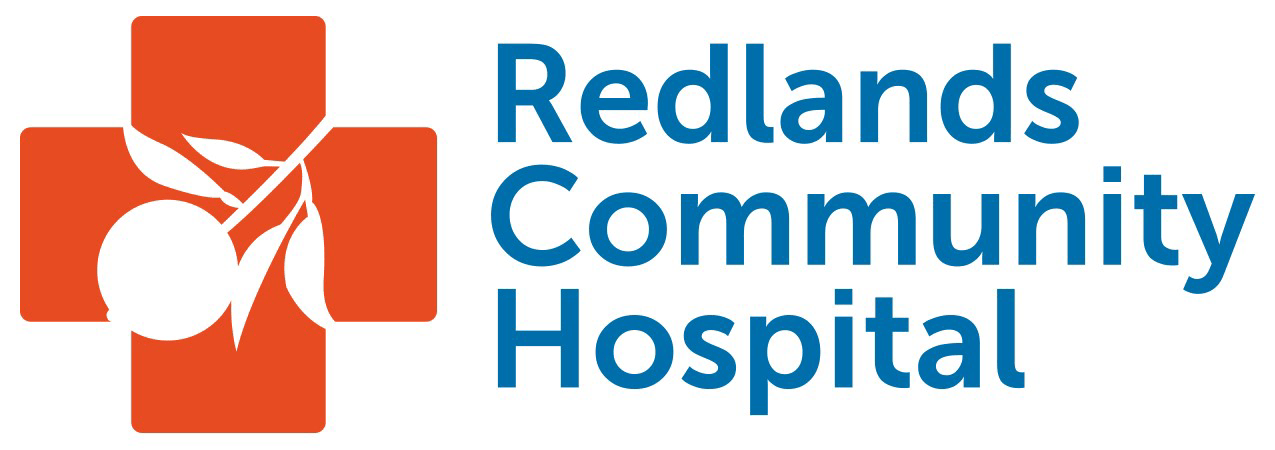Family Cancer Syndrome - Knowing your Family History and Genetic Testing Can Lower Risk Factors
- Category: Press Room
- Posted On:
- Written By: Emad Ibrahim, MD, Oncology Medical Director, Redlands Community Hospital Center for Cancer Care
As an oncologist, I speak with families daily about their cancer diagnosis, treatment, and the success of their outcomes. By studying the past, we find answers we can use for the future. All of today’s advanced technology is based on the teachings of history that went before. Cancer is no different and one of the best ways to prevent cancer or catch it in its earliest stages is to know your risk factors.
Some of those who have a family history of cancer may be genetically predisposed to having a higher likelihood of developing cancer. Sometimes called Family Cancer Syndrome, it’s defined as an abnormal gene inherited from a previous generation that increases cancer risk in a family. The good news is that even though an abnormal gene may be inherited, cancer will not necessarily follow.
According to the American Cancer Society, certain things make it more likely that cancers are caused by a family cancer syndrome, such as:
- Many cases of the same type of cancer (especially if it is an uncommon or rare type of cancer)
- Cancers occurring at younger ages than usual (like colon cancer in a 30-year-old)
- More than one type of cancer in a single person (like a woman with both breast and ovarian cancer)
- Cancers occurring in both of a pair of organs (like both eyes, both kidneys, or both breasts)
- More than one childhood cancer in siblings (like sarcoma in both a brother and a sister)
- Cancer occurring in many generations (like in a grandfather, father, and son)
Cancer in a close relative, (parent or sibling) is more of a concern than cancer in a more distant relative. Even if the distant relative’s cancer was from a gene mutation, it’s less likely to be passed on than cancer in a closer relative.
Two relatives on the same side of the family with cancer, for example may be more of a threat. If both of your mother’s brothers, for example had cancer, it may be a sign of an abnormal gene since they share some of the same genetic material.
A family history of cancer can now be revealed through genetic testing. An abnormal gene mutation does not have to be a cause for cancer. Patterns can be altered and lives can be saved.
Redlands Community Hospital will host a free event on Thursday, February 23, 5:30 - 7 p.m. to discuss family cancer syndromes and risks for hereditary cancers at the Weisser Education Pavilion at 350 Terracina Blvd., Redlands, CA 92373. The event will discuss current benefits of genetic testing that could potentially help lower your risk factors by understanding your cancer predisposition. For more information about the event call 909-335-5598 or to register, click here.
